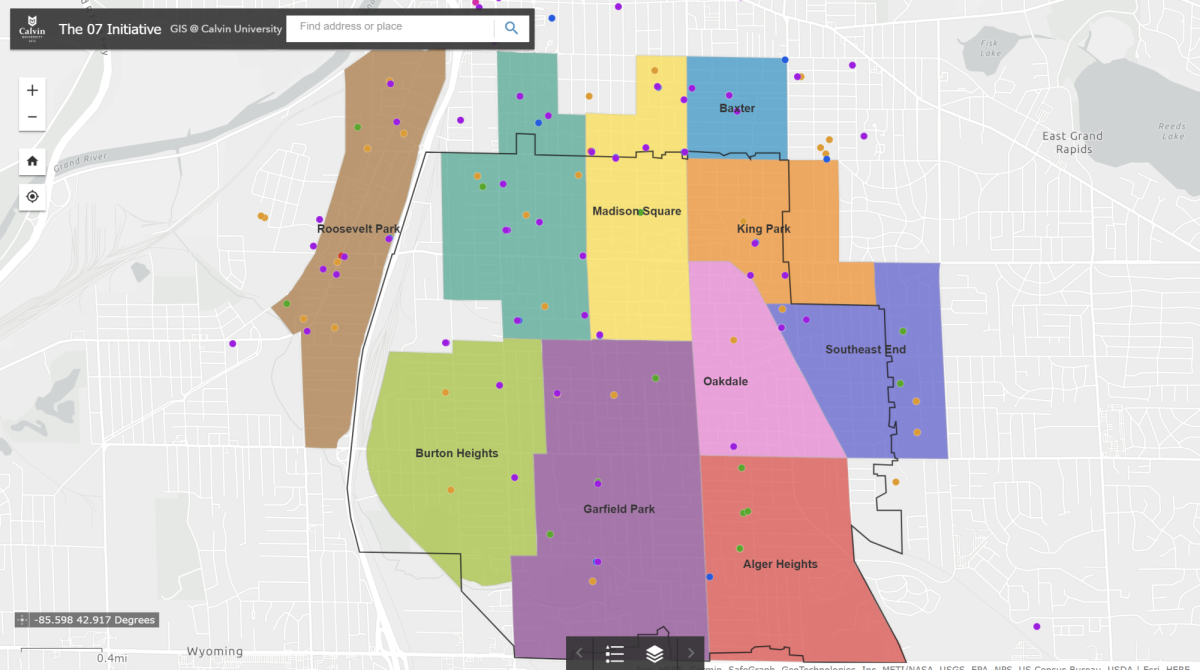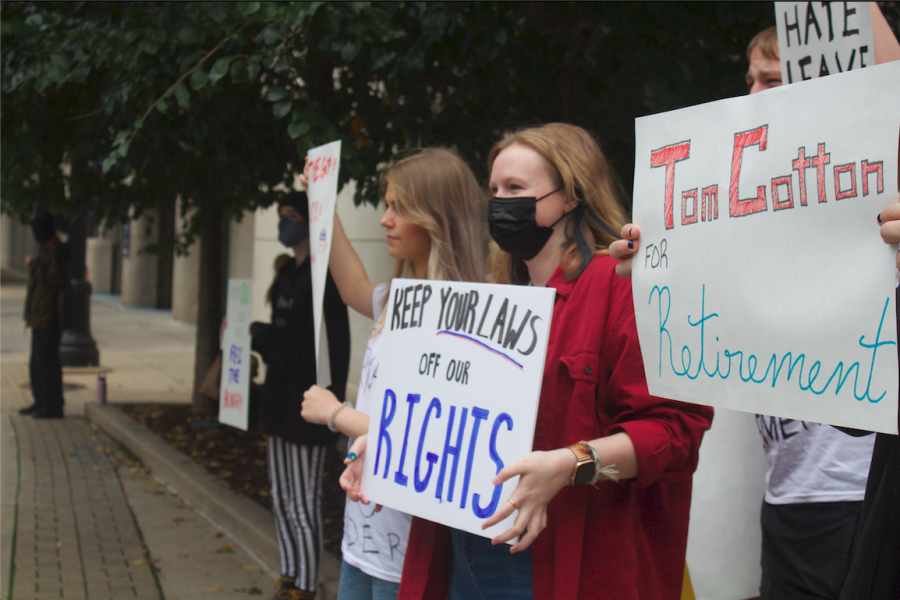Proposal 1, the proposed constitutional amendment allocating funding for Michigan’s roads, received a decisive rejection at the polls on Tuesday, May 5.
Despite the backing of Governor Snyder and both the Michigan House of Representatives and Senate, along with many prominent political leaders, Proposal 1 was struck down by voters, many of whom expressed frustration with legislators for not coming up with a better plan for road repairs.
Less than 351,000 voted in support of the proposal, while 1.4 million voted against, according to the Michigan Secretary of State. The 80-20 distribution of votes may be the biggest landslide rejection of a constitutional amendment proposal in Michigan’s history.
Voter turnout was at a dismal 20 percent, due in part to rainy weather and a lack of understanding of the proposal’s cumbersome clauses and money allocated to other sectors besides transportation, including $300 million to the state’s public and technical schools.
Proposal 1 would have shuffled the tax structure to increase the current 6 percent sales tax to 7 percent. The tax hike would have affected all sales, with the expectation to raise $1.2 billion for roads.
The proposal was passed by both the Michigan House of Representatives and the State Senate earlier this year, though the final decision was contingent on the majority support of the public vote.
Voters stated concerns about permanently increasing the sales tax to fund the project, and many questioned the added fund allocations to unrelated issues, calling for better fiscal responsibility within the legislature.
Some also raised the question of whether the sales tax will have unproportionally negative consequences on the poor.
According to the Detroit Free Press, democrat House Minority Leader Tim Greimel said voters were skeptical about having their taxes increased to fix the roads after watching Snyder and the Legislature approve corporate tax cuts of more than $2 billion a year since 2011.
At his inauguration, Governor Snyder declared the improvement of roads statewide as one of his priorities in his second term in office. In an interview with NPR, Snyder emphasized his support of the proposal.
“This is an important investment that needs to be made and should’ve been made some time ago,” he said.
Despite bipartisan support, the proposal faced opposition from conservative groups such as Protect MI Taxpayers and Concerned Taxpayers of Michigan, along with other fiscally-oriented groups who have made arguments that a 7 percent sales tax will move Michigan to have one of the highest sales taxes in the nation.
Attorney General Bill Schuette, a republican, is the top-ranking official who stood against the legislation.
Stating his hesitations about the legislation, he said, “From a policy perspective, this proposal has a lot of potholes and pitfalls. It’s a massive $1.9 billion sales tax increase that goes well beyond road funding. There’s just too much under the tree.”
In addition, according to the Detroit Free Press, House Minority Leader Tim Greimel (D-Auburn Hills) said voters were skeptical about having their taxes increased to fix the roads after watching Snyder and the Legislature approve corporate tax cuts of more than $2 billion a year since 2011.
Although voters rejected the proposal, road rehabilitation remains a crucial agenda item for the Michigan congress.
According to the Michigan Infrastructure Transportation Association, Michigan spends less per capita on roads than any other state, and 40 percent of major urban roads in the Grand Rapids area are in poor or mediocre condition; increased congestion along downtown arteries has led to deteriorating road conditions.
The proposal rejection sent legislators back to the drawing board to create a different avenue to fund infrastructure improvement. After the results of the vote were announced, Governor Snyder reiterated his commitment to road repairs.
“It will be relentless positive action and we’re going to stay after this issue,” he said. “We’ll talk to the Legislature. … We usually work with fairly prompt action. We’ll get in discussions with the leaders of both chambers.”








